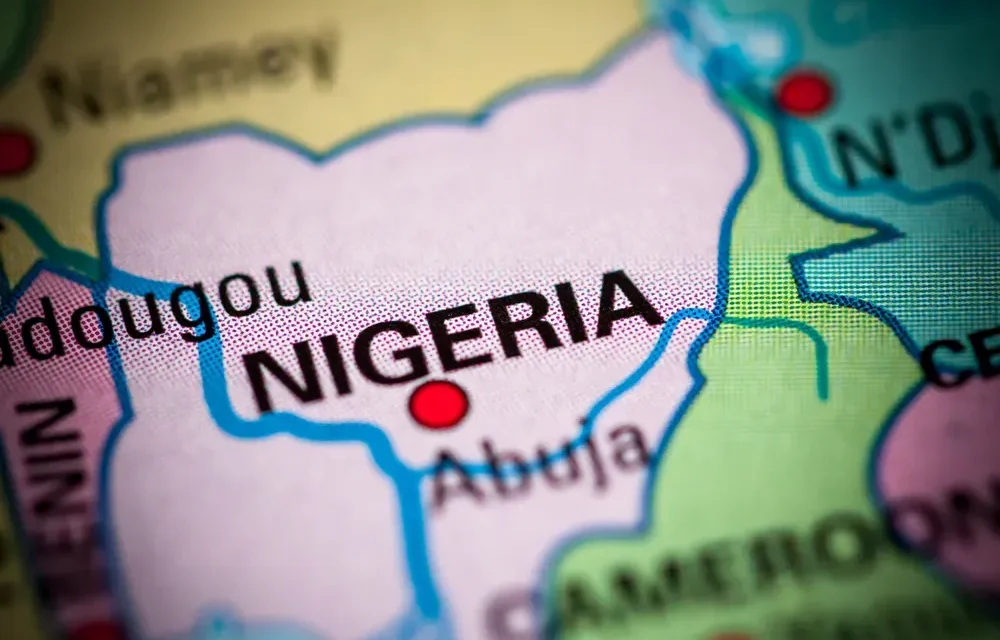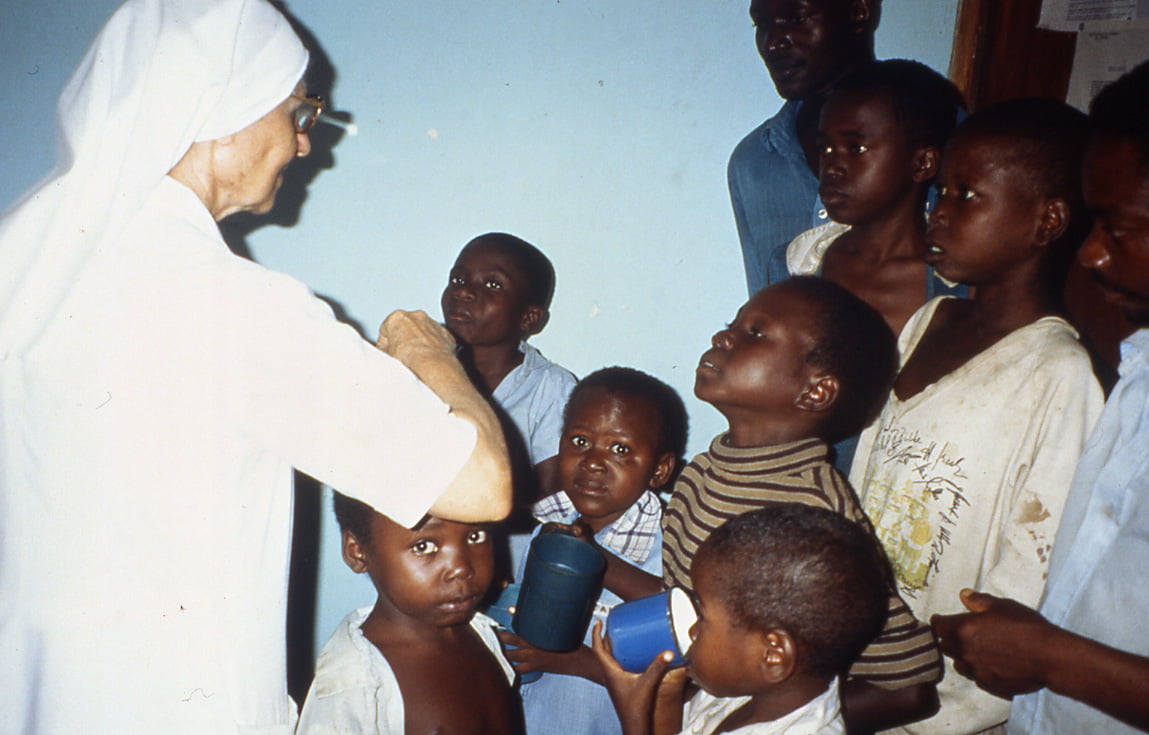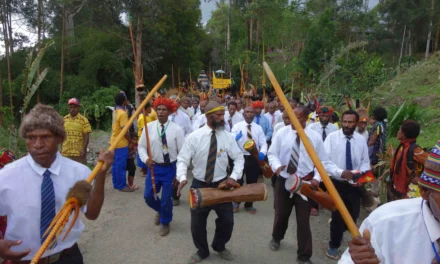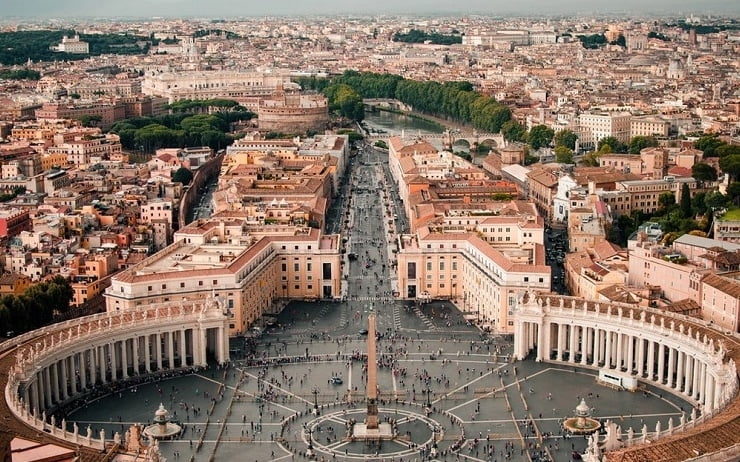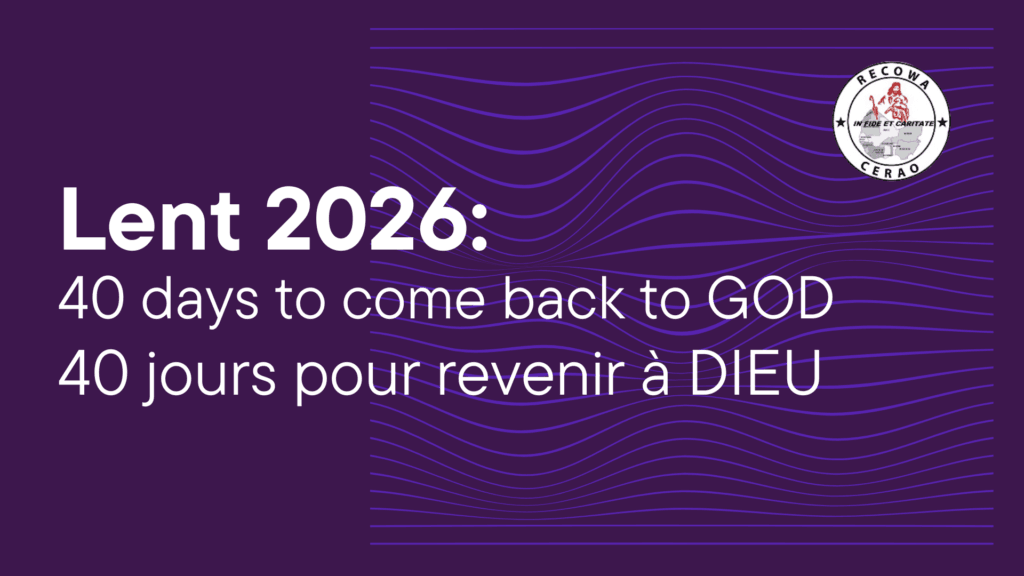It has been relayed that the U.S. Government has been Criticized for Omitting Nigeria from the Religious Persecution Watchlist. This was contained in a message sent to the office of the RECOWACERAO NEWS AGENCY, RECONA head office in Cote D’Ivoire by her correspondent in Lagos, the commercial capital of Nigeria.
Religious freedom activists are criticizing the Biden State Department for continuing to leave Nigeria off its “countries of particular concern” (CPC) watchlist, despite the department’s report highlighting the violent persecution of Christians in the country.
One expert said that Nigeria’s exclusion reveals a “troubling inconsistency” in the State Department’s policy toward religious freedom.
The 2023 Report on International Religious Freedom, released by the State Department on Wednesday, highlights the religious liberty situation in nearly 200 countries and territories.
Announcing the release of the report, Secretary of State Antony Blinken decried rising religious intolerance across the globe and cast a “vision” for the world in which “everyone can choose and practice their beliefs.”
Advocates took issue with the report’s characterization of the persecution of Christians in Nigeria as a series of “intercommunal clashes” and the result of competition for resources rather than radicalized Islamic groups.
Nina Shea, director of the Center for Religious Freedom at the Hudson Institute, told CNA that the report demonstrates a “broader agenda” on the part of the Biden State Department of “not criticizing the attacks on Christians in Nigeria.”
“These attacks, these horrible Hamas-like bloody assaults, very violent, very brutal, they never seem to be stopped or investigated, or prosecuted by the government,” she said. “The Christians under attack are defenseless, they’re not being protected by their own governments, and [they] don’t have militias of their own. So, they’re extremely vulnerable.”
What is going on in Nigeria?
Nigeria is the largest country in Africa by population. About half of the Nigerian population, over 111 million people, are Christian. Despite this, the Nigerian government is dominated by Muslims and many states in the country operate under Sharia law.
The Christian population has increasingly come under fire in recent years and has been targeted by several Islamic terrorist groups, such as Boko Haram, the Islamic State West Africa Province, and radical groups of the Fulani ethnic tribe.
According to the State Department’s report, there were over 4,000 Christians killed, 3,300 abducted, and 100,000 displaced in Nigeria between October 2022 and September 2023.
The Nigerian government has largely turned a blind eye to these attacks, in many cases refusing to dispatch police or military forces until well after attacks have occurred.
In addition, Nigeria targets Christians with anti-blasphemy, prosecuting them for speaking in defense of their religion.
The report recognizes the uptick in attacks, killings, kidnappings, and prosecutions has resulted in what it calls “a climate of fear and displacement” among the Christian population. Yet it also says that “because issues of religion, ethnicity, land, and resource competition, and criminality are often closely linked, it was difficult to categorize many incidents as being solely, or even primarily, based on religious identity.”
Shea said that because more Christians are killed in Nigeria than in any other country in the world, there is no excuse for it not being on the CPC list, which she explained is an effective “short list of the world’s worst abusers.”
Countries currently on the list include China, North Korea, Russia, Pakistan, and Saudi Arabia.
Shea explained that the CPC list helps to effectuate change by exerting U.S. economic and diplomatic pressure. In many instances CPC designation can come with special economic sanctions, something she said would be especially effective in Nigeria’s case since the U.S. sends the country over $1 billion in annual aid.
“The United States gives a billion dollars in foreign aid to Nigeria every year, and it needs to ensure that that aid is well spent so that it’s not contributing to this, and that the government of Nigeria is protecting all its citizens,” she said.
Meanwhile, Sean Nelson, an attorney with the Alliance Defending Freedom International advocacy group, told CNA that the State Department’s report demonstrates incoherence and inconsistency within the administration’s policy toward Nigeria.
“The exclusion of Nigeria from the CPC list despite the clear evidence provided by the State Department’s reporting reveals a deeply troubling inconsistency in the Biden administration’s approach to the fundamental right of religious freedom that undermines the U.S.’s credibility,” Nelson said.
“A consistent approach,” he went on, “maintains the seriousness with which our nation has always viewed the violation of this fundamental right, while an inconsistent approach relegates the right to religious freedom to second-class status.”
“The first step to addressing these grave issues, even with our friends, is acknowledging them, and words without actions only have a small impact,” he said. “The State Department should follow the evidence to its logical conclusion and use the tools that Congress has given it to ensure that the promotion of international religious freedom remains a U.S. foreign policy priority.”
- CATHOLIC ARCHBISHOP IN GHANA HAILS POPE LEO XIV AS GOD’S GIFT - 23 mai 2025
- POPE LEO XIV TO APPROVE CANONIZATIONS - 22 mai 2025
- THE EVOLUTION OF PAPAL TRANSPORTATION - 20 mai 2025

